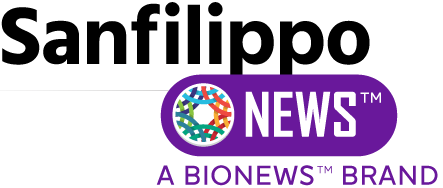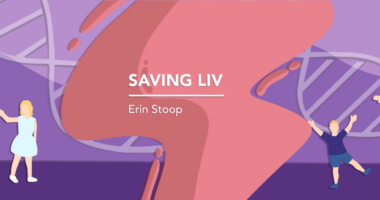NORD Push for Rare Disease Advisory Councils Focus of Dec. 16 Public Meeting

To empower and equip members of the rare disease community to engage state leaders in matters of importance to patients and their families, the National Organization for Rare Disorders (NORD) has launched an initiative across the U.S.
Its goal is to establish a Rare Disease Advisory Council (RDAC) in every state. Project RDAC, as the initiative is called, will be publicly discussed for a first time at the Dec. 16 virtual NORD meeting. Go here to register.
This meeting is open to patients, caregivers, patient group representatives, lawmakers, medical professionals, industry representatives, and other stakeholders. Currently, more than 7,000 rare diseases affecting more than 25 million U.S. residents are known. Of them, 90% have no federally approved treatment, the organization reports.
With this initiative, NORD is building upon RDACs already established in 14 states, starting with the first formed in North Carolina in 2015. They provide an official forum for stakeholders to make recommendations to state policymakers on matters such as the need for increased awareness of rare diseases, access to diagnostic tools, and for affordable and accessible treatments.
Through strong RDACs, the rare disease community and state government can collaborate to address barriers to proper care. A thriving citizenry makes for a thriving state, NORD states.
Eight governors have signed into law legislation creating RDACs since 2019, and that momentum is continuing, said Rachel Sher, NORD vice president for policy and regulatory affairs.
“RDACs have outstanding potential for addressing obstacles that prevent individuals living with rare diseases from obtaining proper treatment and care,” she said in a press release.
Through Project RDAC, existing RDAC members will have greater opportunities to connect and partner, to provide guidance to new RDACs, and to help other states pass legislation creating advisory councils.
For rare disease patients and their families, information about care and treatment can be hard to find, and resources may be limited. Patients are scattered across the U.S., creating a patchwork environment of state-to-state challenges.
State legislators and officials also struggle to understand the needs of the rare disease community. And patients often are subject to delayed diagnosis, misdiagnoses, a lack of therapeutic options, high out-of-pocket expenses, and limited access to specialists.
“Without RDACs in place, state laws and regulations that affect the rare disease community will continue to be developed without the consultation of rare disease stakeholders, often leaving this vulnerable population at greater risk for poor health and economic outcomes,” NORD states on a webpage about RDACs.
The Dec. 16 meeting will include current RDAC members, and advocates from states pursuing legislation to establish a council. It will feature an “Early Successes and Challenges of RDACs” panel, breakout networking sessions, and information that can help efforts to bring RDACs to states.
For more information on Project RDAC or how to participate in a Rare Disease Advisory Council in a given state, visit this site or write to [email protected].
NORD, a nonprofit patient advocacy organization, works on behalf of people with rare diseases and the organizations that serve them.






